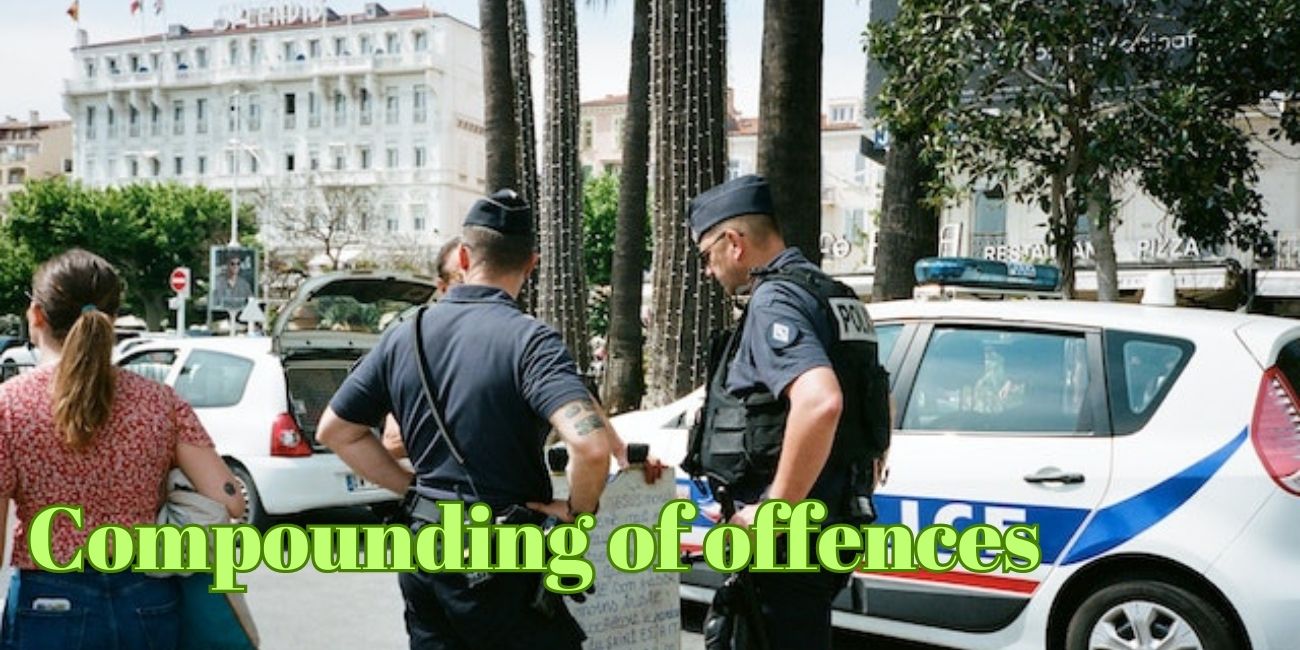

The criminal procedure code provides the procedure of criminal matters and broadly it divides the proceedings into three stages i.e. investigation, inquiry, and trial. The investigation is a stage when upon loading of FIR police officer initiates the investigation and collect evidence against the person commits the offense, the inquiry is a stage when the court takes cognizance and frame charge against the accused and in the trial, stage court takes evidence of both the parties and on the basis of evidence to reach to its judgment.
However, there may be cases when matter disposes of even before the conclusion of the trial, compounding of offense is one among those.
Provisions regarding compounding of offense are given under section 320 of CrPC, which gives us a list of offenses under clauses (1) and (2) of section 320 for which compounding can be done. These offenses are usually not much serious but this cannot be the sole criteria to judge the list of offenses given under section 320 of CrPC. Clause (1) gives us the list of offenses that are compoundable without permission of the court and clause (2) gives us a list of offenses that are compoundable with the permission of the court.
WHAT COMPOUNDING OF OFFENCE MEANS-
If the accused make some good or gives benefits to the satisfaction of the prosecution, then the prosecution may put an application before a court for compounding of offense, if court compound offense then the effect of same is the Acquittal of the accused.
Compounding can be done before a trial court, appellate court, and even a revisional court. However, it is not possible if the previous conviction of the accused is proved.
The question is whether compounding of offense is possible for offenses not provided in the list of section 320 CrPC. The answer is a big no, as section 320 CrPC expressly mentions that compounding is possible only for listed offenses and for no other.
Points to remember-
- Application for compounding always made by a person mentioned in the 3rd column of the list i.e prosecution
- The effect of compounding is an acquittal
- It is possible only for the listed offenses in section 320 CrPC.
If you want to be a judicial officer and are looking for RJS coaching in Jaipur, here, at Jyoti Judiciary we provide comprehensive study material to make your preparation solidified and top notch. From preliminary mock tests, to mains answer writing sessions every material required for clearing the exam is provided. We have separate legal current affairs classes, legal general knowledge, and current affairs classes all in one-time enrolment. Hurry up.










